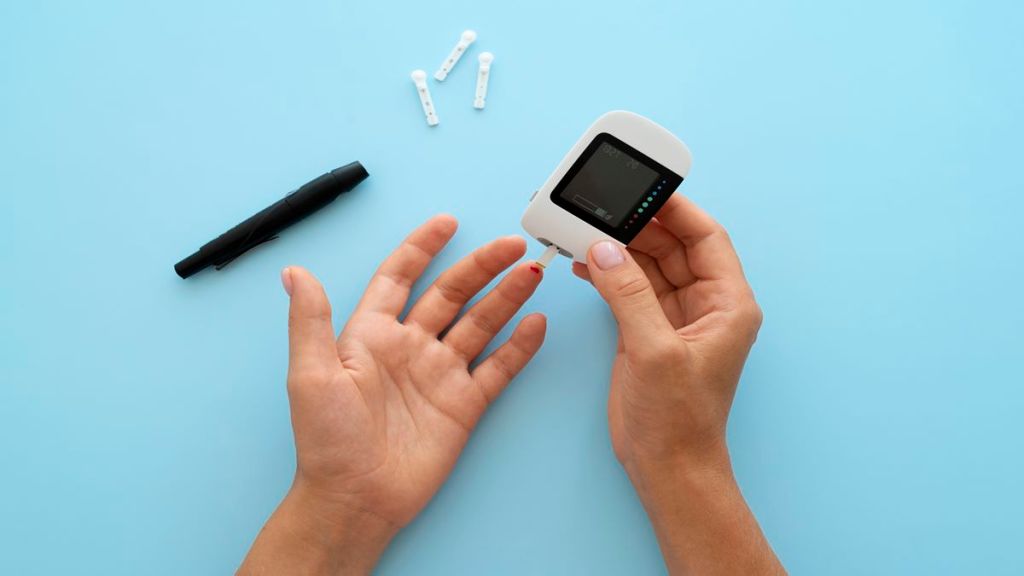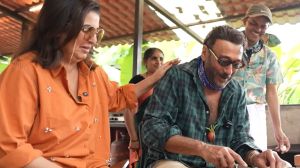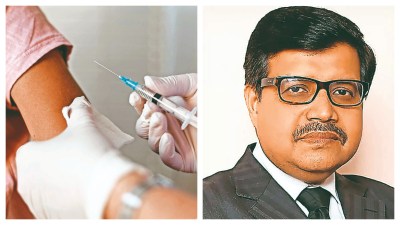More than four in five people living with diabetes (87 percent) in India only found out they had diabetes after developing complications associated with the condition.
Additionally, almost all (97 percent) of those surveyed in the country had experienced one or more diabetes complications during the course of their life with diabetes.
The findings come from global research recently carried out by the International Diabetes Federation (IDF) ahead of World Diabetes Day on Tuesday, 14 November. The survey was conducted among people living with diabetes across Africa, Asia, Europe and South America to understand the level of awareness and impact of diabetes-related complications.
Diabetes-related complications can be serious and, in some cases, life-threatening. They include damage to the heart, eyes, kidneys and feet. The risk of complications places significant stress on people living with diabetes. More than half (59%) of respondents in India say they worry most days about developing diabetes-related complications.
The risk of complications can be significantly reduced through early detection, timely treatment and informed self-care. When asked about preventing their complications, nine in 10 respondents (90%) in India believe they could have done more; three quarters (75%) think their healthcare provider could have done more.
“Nearly every person living with diabetes in India has experienced at least one complication, which highlights a lack of knowledge around how to manage the condition,” commented Dr Banshi Saboo, Diabetologist & Chairman of Diabetes Care & Hormone Clinic in Ahmedabad. “More needs to be done to improve diabetes awareness and provide education to support the early detection and management of complications. What we have learned offers a stark reminder that diabetes often goes undetected until one or more complications are present. We know that, with the right information and care, people living with diabetes can greatly reduce their risk of complications.”
Furthermore, there are steps that people at risk of type 2 diabetes can take to delay or prevent the onset of the condition altogether, Dr. Sahoo said. “It is key to know your level of risk, know what you should be looking for and know how to respond,” she added.
There are several risk factors that increase the chance of developing type 2 diabetes. These include family history, weight, age, ethnicity, inactivity, and diabetes during pregnancy, some of which can be reduced through healthy eating habits and physical activity. Improving understanding and awareness of the risk factors is therefore important to support prevention, early diagnosis and timely treatment.
Type 2 diabetes, which accounts for over 90% of all diabetes, often develops silently, with symptoms that go unnoticed. As a result, many people with the condition, more than 50% in some countries, are not diagnosed and, as the research suggests, complications are already present. The most common complications experienced among survey respondents in India were eye problems (64%), depression (52%), and oral health (42%) problems.
Dr Banshi added: “For those without access to the right support, diabetes and its complications can seriously impact day-to-day life and even become life-threatening. That is why IDF is committed to improving awareness of how best to manage the condition, helping people with diabetes to understand their risk and improving access to the best available care. Healthcare professionals must be equipped with the knowledge and resources to diagnose diabetes early and provide appropriate support.”









